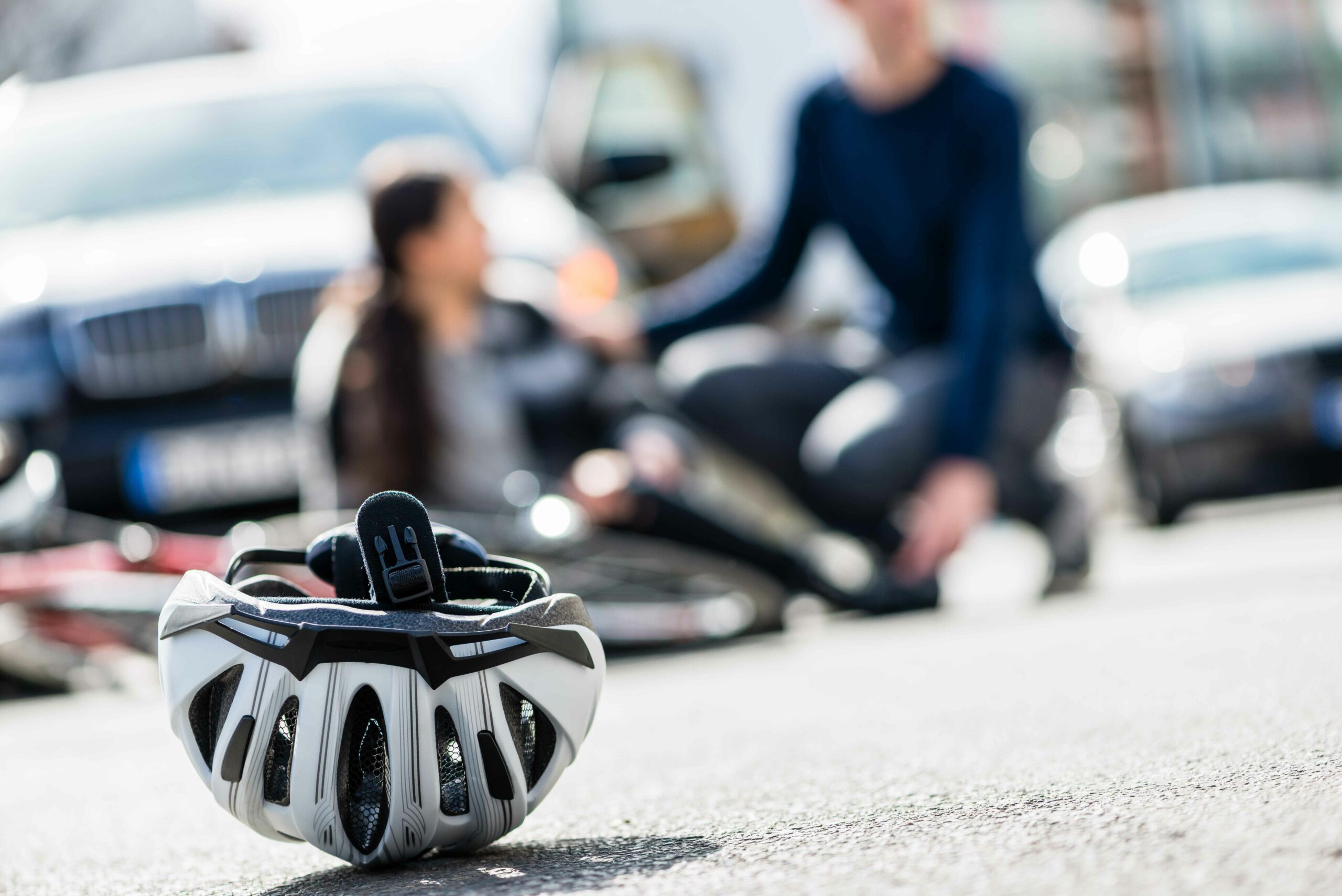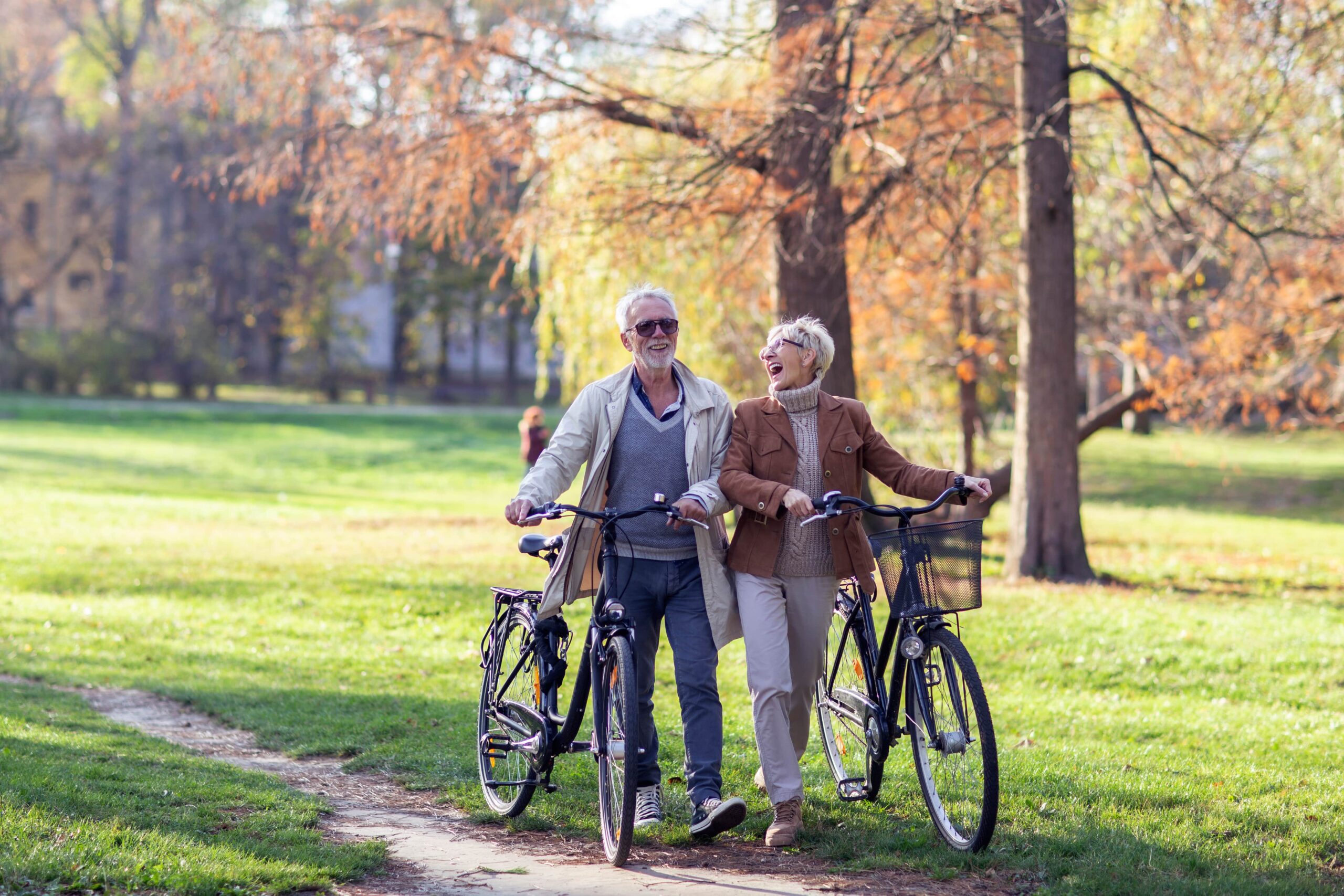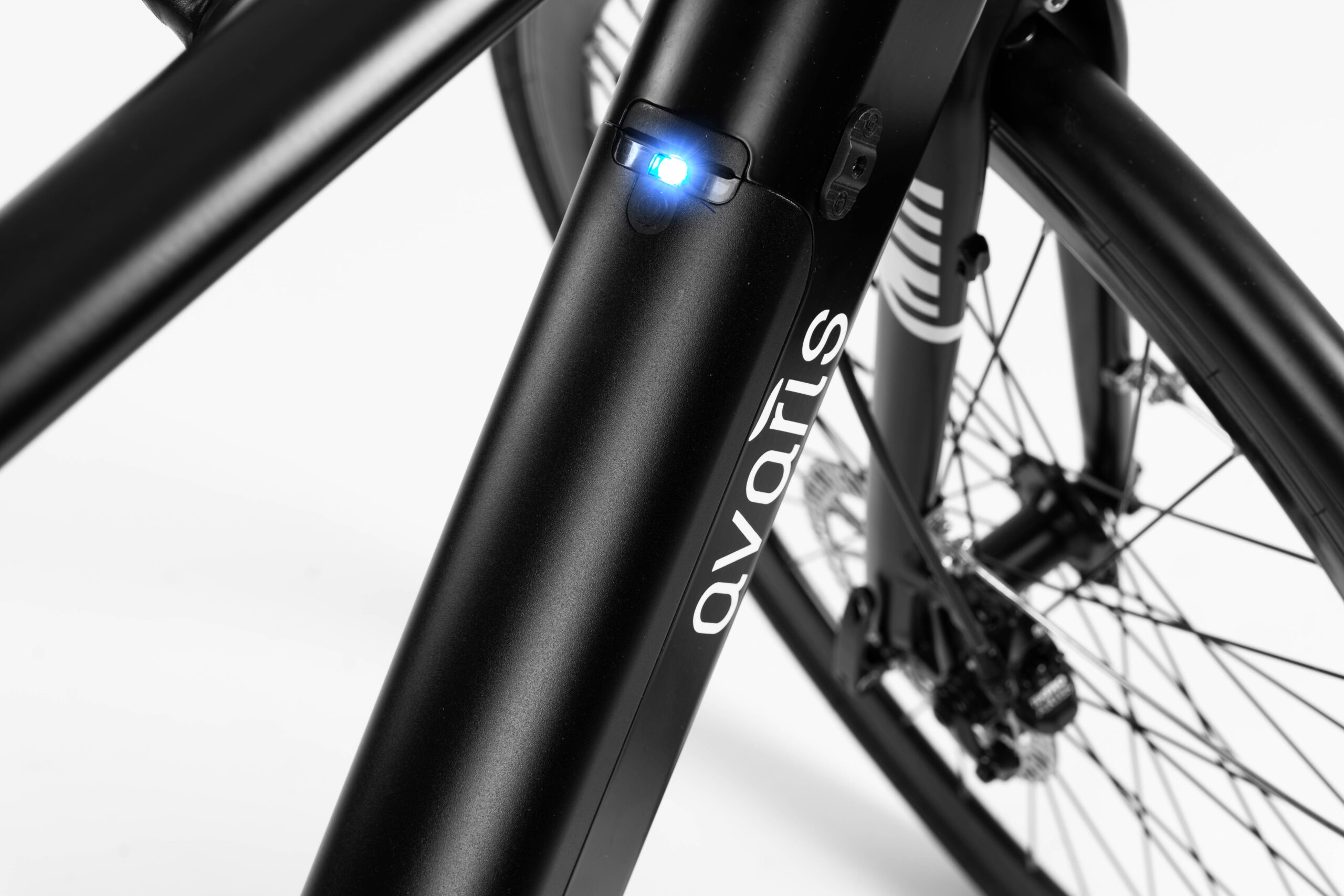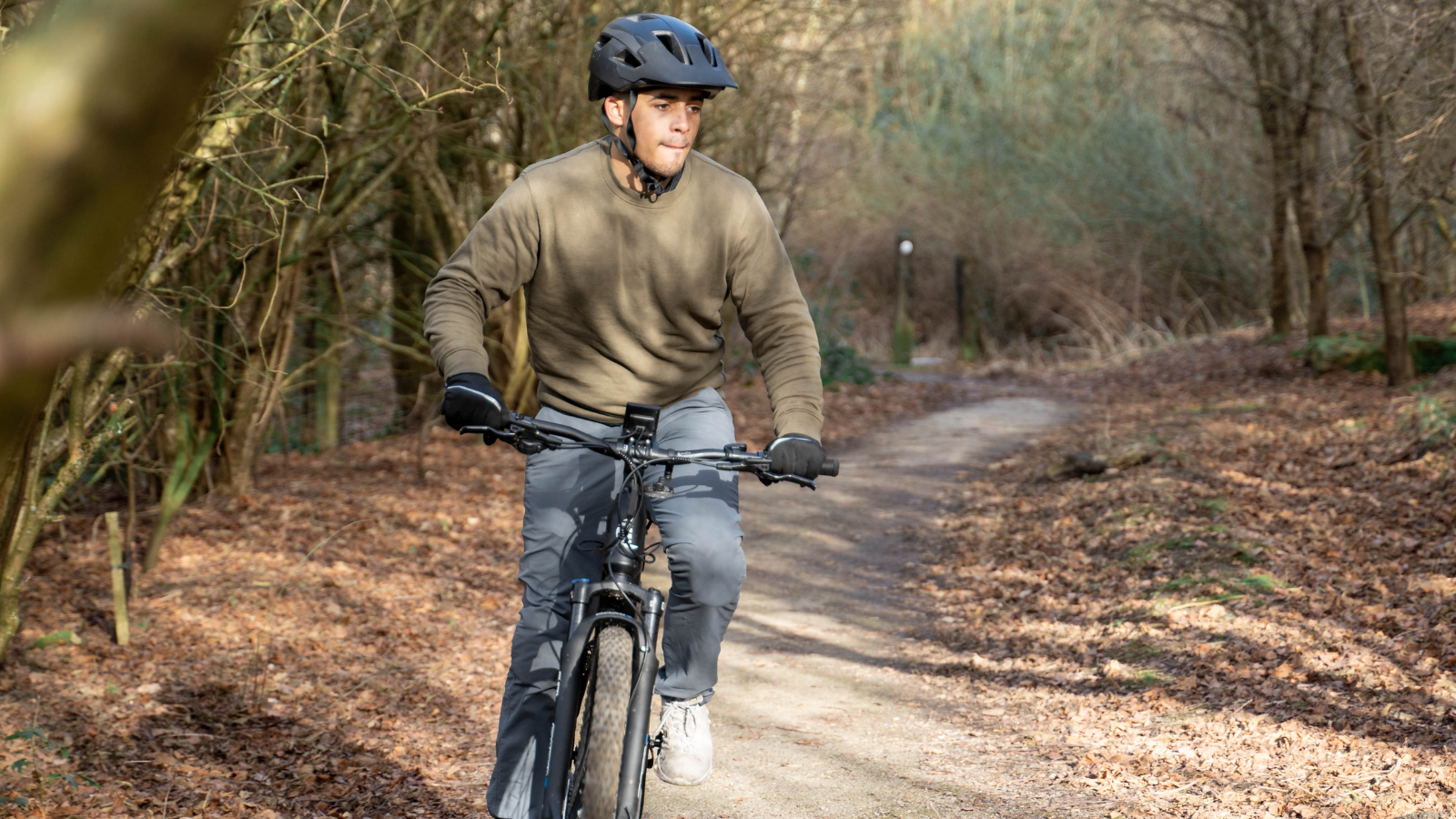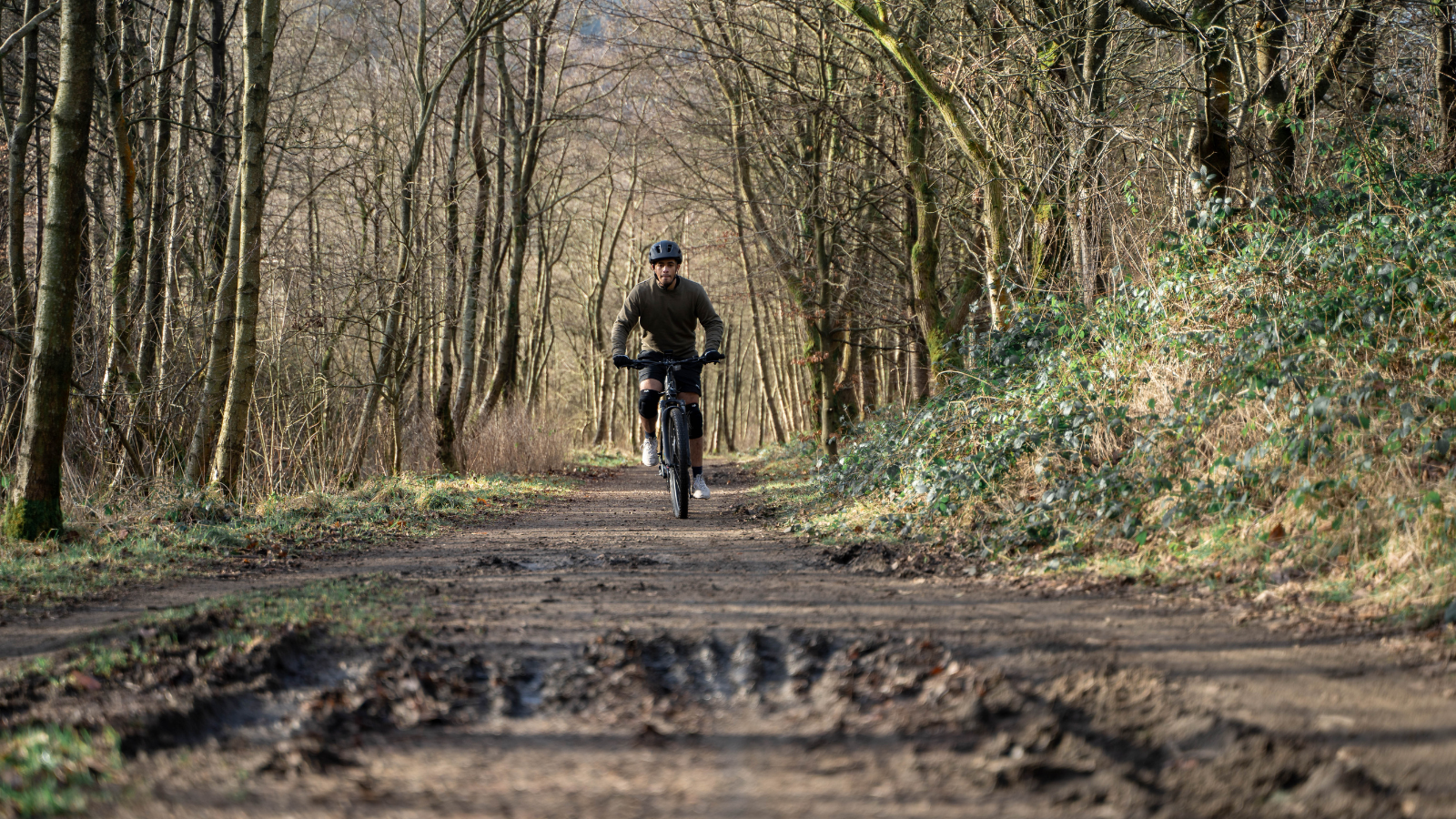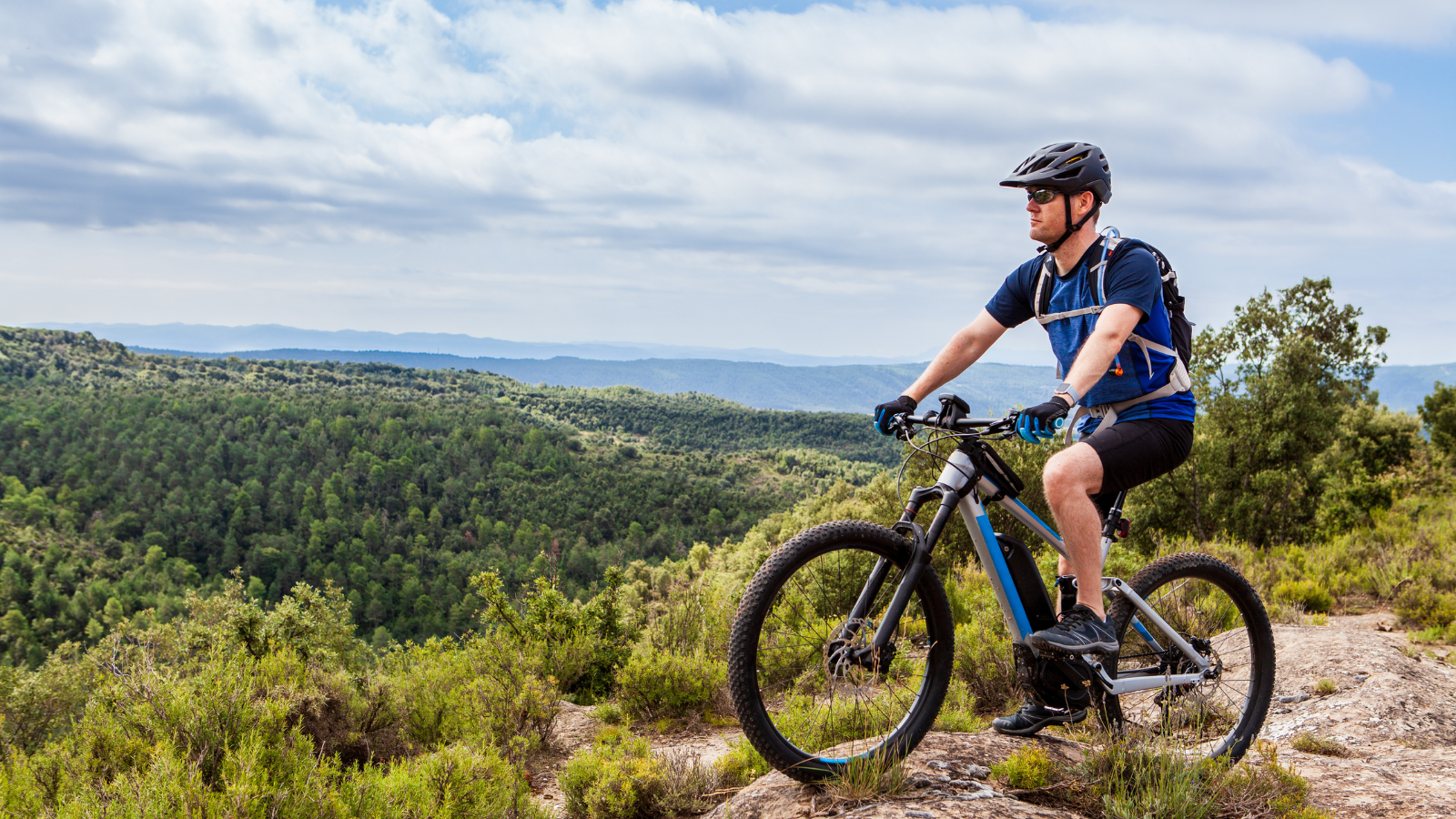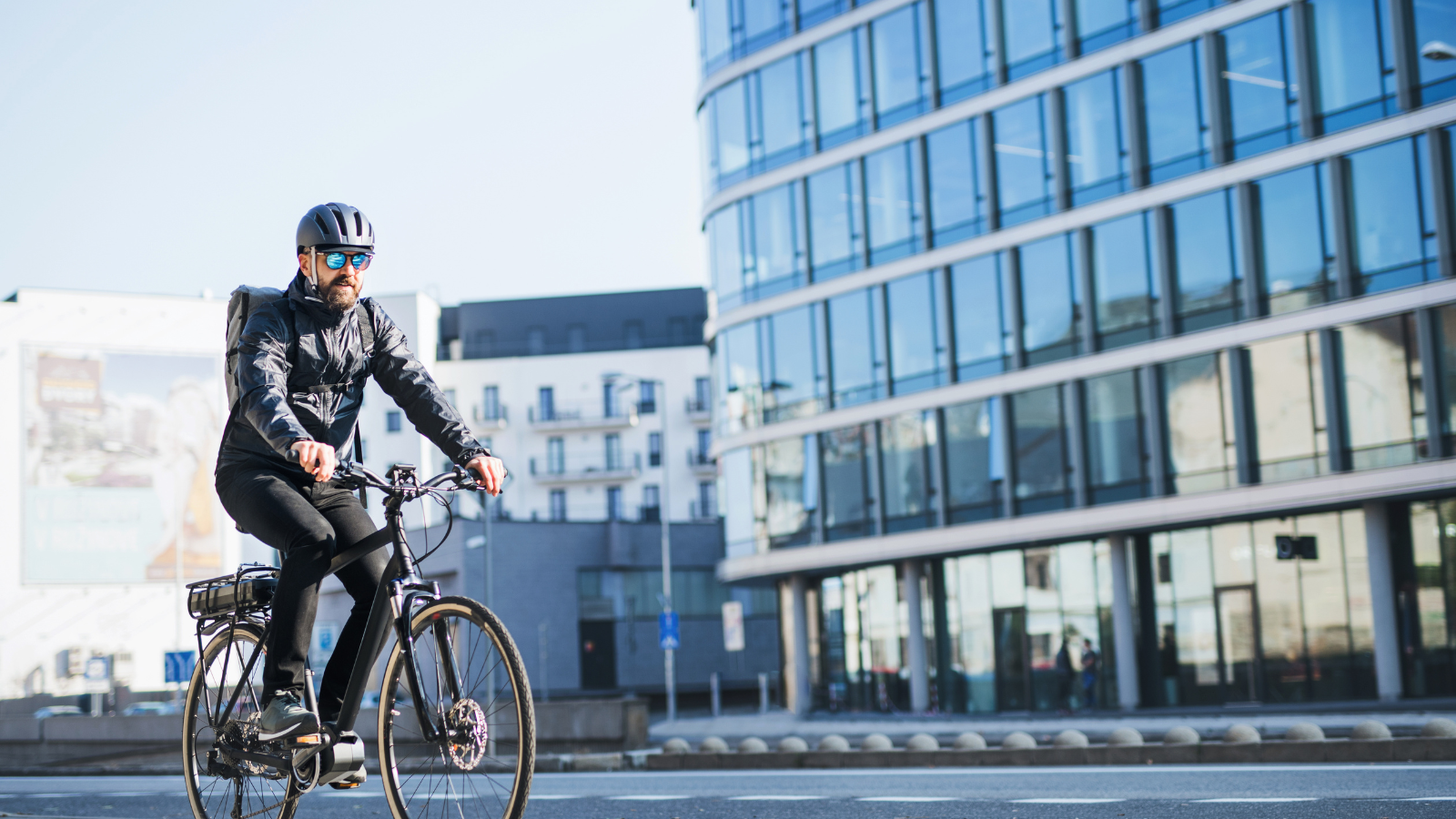Tips for getting back on the bike after injury
Cycling accidents are prone to happen, with over 16,000 cyclists being recorded as injured on Britain’s roads every year. These injuries can range from a sprained ankle or graze to more serious injuries such as head injuries or even death. Cycling relies on experience and confidence, which can be heavily impacted by an accident.
The purpose of this blog is to provide advice on rebuilding your confidence and helping you get back on the bike after injury both physically and mentally.
Health comes first
First and foremost, it is imperative to make sure that your injury has fully healed before attempting to cycle again. If you begin cycling before completing your course of recovery you risk aggravating the injury and making it worse. In serious cases, if you worsen your injury you could risk any ability to cycle at all in the future.
About one-third of individuals don’t get injuries addressed straight away, this is because they usually believe any pain will heal soon after. Often these same individuals will then get medical attention once they are in too much pain to bare. Once viewed by a doctor the true nature of the injury can then be discovered and a solution can then be found including instructions from a doctor or physio on the best course of recovery to take.
Therefore, after your injury ensure that you visit a doctor as soon as possible if you feel any pain and follow your doctor/physio’s advice and seek guidance on the amount of rest needed for recovery. Whether you’re given weeks or months to rest it’s important that you stick to their guidelines.
When a muscle is torn, cells and fibres need to heal in the correct formation otherwise they can result in being weaker, less flexible and less mobile. Moreover, if you don’t allow your body to heal under the correct conditions you can affect other areas of your body as it will automatically begin to compensate for the weakened areas. Thus, additional strain can be added to your injury and other areas of your body if you choose not to rest correctly.
If you do find yourself cycling soon after an injury you may notice a larger use of energy for only small results. This will be because your body is still compensating for your injury and is not able to support the energy you want to use. This can harm your confidence as you may believe you are not as good at cycling as you normally would be. This is of course not the case, your body just needs more time to heal.
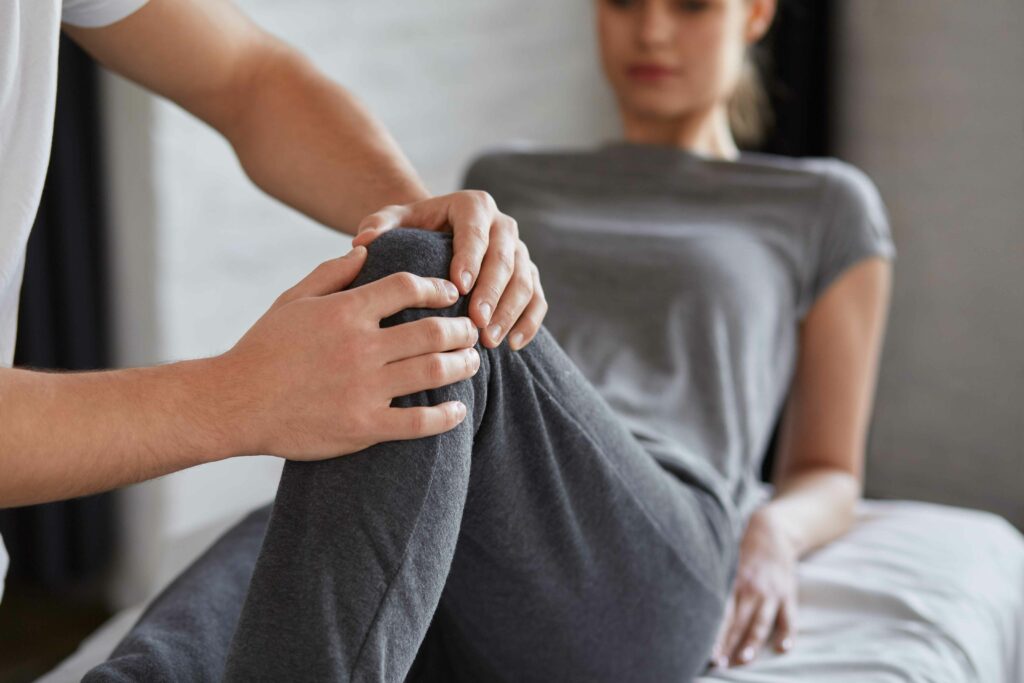
Mental Health
In other cases, you may find that although you have rested and your body feels prepared to cycle again, you may not be mentally prepared. An accident can have various psychological impacts on a person, depending on the event of the accident these impacts can vary.
Although most survivors of an accident resume to normal in a short space of time, in accidents that have resulted in intense injury, conditions such as Post-Traumatic Stress Disorder (PTSD) and Acute Stress Disorder (ASD) can arise. This makes it much harder for someone to gain their confidence back and resume back to their normal routine.
Post-Traumatic Stress Disorder, also known as ‘PTSD’, is a mental stress disorder caused by a traumatic experience. This is a fairly severe disorder as it can affect many aspects of a person’s life. Commonly people suffering from PTSD have difficulty sleeping and may have flashbacks from the incident which can then affect their ability to drive, work, and overall enjoy everyday activities. Because of this, other mental health problems are then put at a high risk of developing including depression, anxiety and potential alcohol or drug abuse. For this reason, it is highly important to reach out or start your recovery since there are risks which could be played upon in the meantime.
Acute Stress Disorder is similar to PTSD in that you may re-experience the traumatic event, yet they do differ. If you are suffering from ASD you may also have a feeling of numbness or detachment from the events going on around you, and reduced awareness of these events can make it difficult to start recovery. Since past traumatic events can also be triggered through specific stimulants you may find you are also avoiding having to talk about the accident or dissociating with anything that stimulates a flashback. Due to this, returning to cycling as usual can be extremely difficult and take a lot of time.
Through this blog, we would like to help you gain your confidence back and have created some strategies which could help you on your road to recovery. Down below we have written about different techniques to try and assist your mental health in addition to physical techniques as well.
Start small
Physical health first steps
Once you have rested and believe you are ready to get back on your bicycle it is important to remember your body won’t be at the same level of fitness as it once was. So it is crucial you need to build your strength again over time before you begin cycling to the same level as you previously were. In addition to this, starting small also means taking the first steps in building up your mental health to a place where you feel comfortable getting back on your bike.
A good way to do this can be through a range of exercises, lightweight training and shorter bike rides. Building your body’s energy and strength back up before any cycling begins will help your body when adjusting back to cycling again for the initial period.
It is also important that when you do start cycling, do not push yourself too hard and try to complete long and difficult routes you may have done before your accident. It is most likely that you will tire yourself out very fast and not complete the full route, leaving you left with tired muscles and a loss of confidence. There is also a chance of re-injuring yourself which would place you back into resting for an extended period of time.
When setting out on your bike again, we recommend that you start off with smaller routes and eventually build yourself back up to the routes you were able to complete before your accident. Although it may take some time you will eventually be able to get back to where you were plus further as long as you take the correct time to build up your strength and endurance.
Mental health first steps
It can be hard to take the first steps for your mental health after an accident and it may take some time before you feel prepared to face what happened and how it has affected you. But here are some small steps you can take to begin your recovery.
It is best to start with your strengths and to remember why you enjoy cycling in the first place. This can help you gain back your confidence in the sport and understand why you enjoyed cycling before anything occurred as an accident can cloud your views including the way you view cycling. It is important to remember there was a reason why you enjoyed cycling before, if you can remember that reason and remember how cycling made you feel this will help immensely when trying to build the confidence to cycle again.
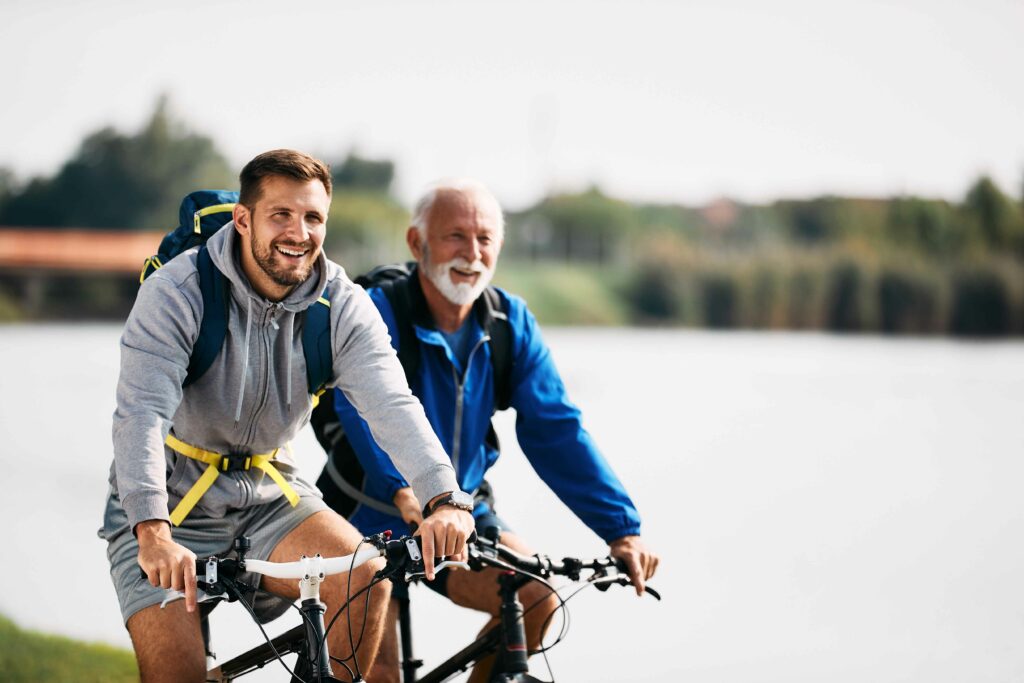
Put together a plan of action
If you feel unmotivated or unsure of how to start your road to recovery, a simple and motivational way to keep you on track with your recovery could be through a training plan. This way you can easily track your progress and provide your own milestones that you want to hit for motivation.
Starting off you can pinpoint where you are weakest as a cyclist and put together a plan on how you can improve your areas of weakness. Different muscles/joints require different care and training, therefore, it is important to research your weaknesses and find out exactly what exercises would work best for you. Here are some examples of a few different types of muscles/joints in your body along with some of their key exercises.
Moreover, if you can identify trauma-related beliefs in your plan of action – since trauma can also change your perspective on your own beliefs – it can help to write down some strong beliefs that you do agree with and make sure you understand that not everyone is perfect and accidents do happen. If your beliefs are hindering your ability to get back into cycling, is there any way you could develop an equal perspective?
Analyse what went wrong
Crashes arise every day and you shouldn’t dwell on what happened, however, it is important to analyse what exactly happened. Many crashes on the road could have been avoided through safer practices of both driving and cycling. Analysing what happened during an accident can help you in becoming a safer cyclist in addition to decreasing your chances of being in an accident again.
If you have suffered through memory loss after an accident, it can help to write down the events that you do remember to help piece together any events that followed. Piecing together what happened can help you identify what went wrong and how you could avoid an accident in the future.
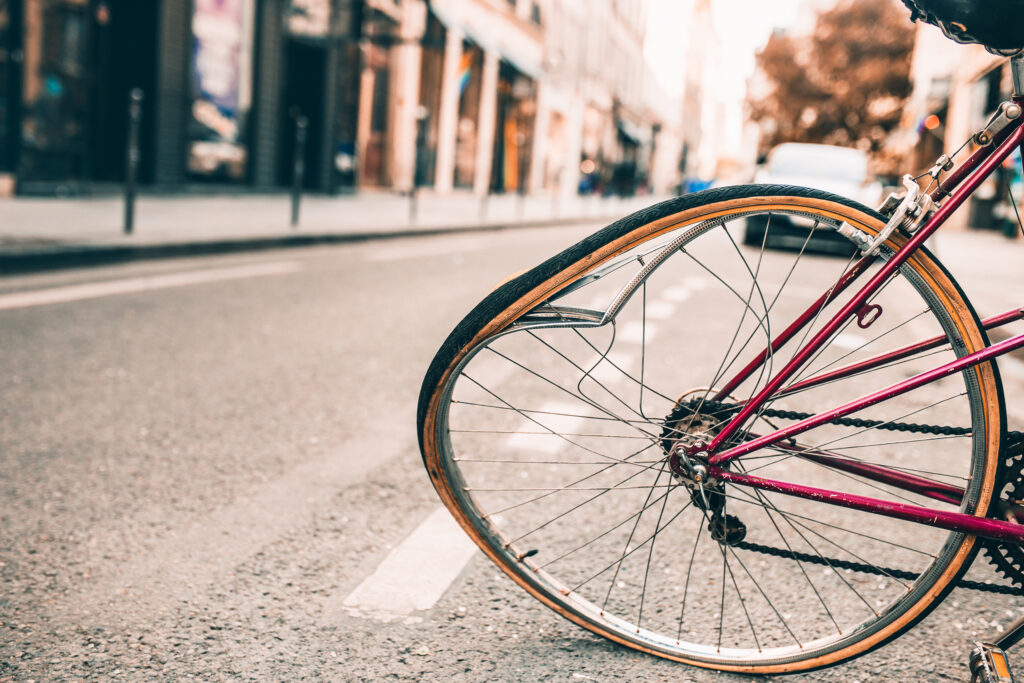
Consider an electrically assisted bike
If you fear you may not be able to ride as well on your bike when hitting the pedals again and would maybe gain more confidence through an electrically assisted bike, here at Avaris, we produce high-quality electrically assisted bicycles to help with this.
Our bikes are designed to be sleek, easy to use and even integrated with an app which can track and measure a whole host of different stats including speed, miles you have travelled, battery and power. With our modernised bike you benefit from the added assistance when beginning to ride again which can help build your confidence again on the roads. If you would like to find out more about our Avaris road bike click on the link.
Moreover, we have a ride-to-recovery scheme to help those who are ill or injured and have extra difficulties when cycling. If you write to us and let us know what happened there is a chance of gaining a free Avaris eBike in addition to spreading awareness for those who have been in cycling accidents.


